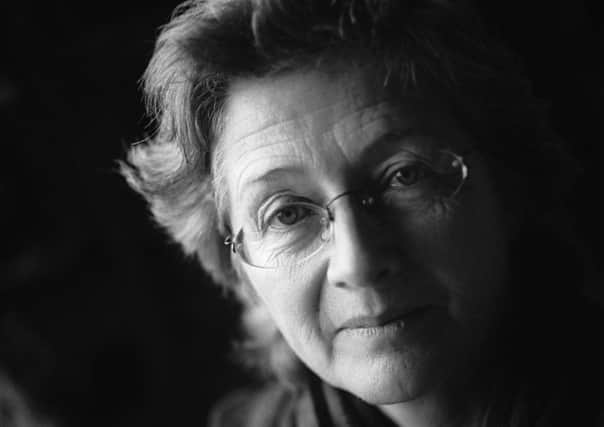Book review: Land of the Living, by Georgina Harding


Charlie has survived, having endured horrors in the war against Japan and months spent lost in the rain-drenched jungle of north-east India and the border with Burma, where his life was saved by the little-known Nagas – head-hunters protected roughly by the imperial power and indifferent at best to either the Japanese or (after Indian Independence) to the new Indian state. Returned to England, married to Claire to whom he had become engaged before going to war, and having inherited a farm in Norfolk from his Uncle Ralph, Charlie is now in a wet autumn turning to a wetter winter, trying to work the land, learning how to farm, struggling to live with himself and the self-knowledge that has been forced upon him. He tries to speak to his young wife, but there are so many things which cannot be said, so many which even now he either does not understand or cannot bring himself to confront.
Essentially Harding puts the question: what is normal life when your most intense and disturbing experience is of the abnormal? This is of course a subject much in fashion, for it is now assumed that anyone who has been in a war zone and seen, done or suffered terrible things is a candidate for what we have learned to call post-traumatic stress disorder. This is reasonable. We know much more about the workings of the mind and the tricks it can play than was the case when men returned from horrors such as the war against Japan. Many such survivors found, like Harding’s Charlie , that they had no language in which they could speak of what they had seen and endured. Looking back now, what is remarkable is how many apparently managed to shrug this off and resume their lives as if the war had never been. Perhaps there is something to be said for suppressing memory – suppressing not of course being the same thing as repressing, the former silently acknowledging what the latter attempts to deny.
Advertisement
Hide AdHarding has a keen eye and sense of place. Remarkably her evocation of Nagaland is as convincing as her picture of Norfolk. Part of the strength of her novel rests in Charlie’s ordinariness. She recognises and shows that the extraordinary, which is the reality of war, is forced upon men torn from familiar surroundings, thrown into what they could scarcely have imagined and yet forced to make sense of it. One remembers that the novelist Nicholas Mosley, drawing on his own experience of the war in the Apennines, wrote that “men are at home in war”. Charlie’s months with the Nagas seem easier to have lived than speaking of them to his wife. In Nagaland he had no vocabulary. Back in Norfolk, speaking with Claire or with the widow of one of the soldiers who served with him and did not return, he cannot find the words to say what he knows he should say.
This is a novel which demands and deserves careful reading. It is written with an admirable precision, and the dark of the narrative has to be teased out. There are extremes of horror treated without sensationalism. Harding alternates the point of view between Charlie and Claire without a lessening of interest when she switches from one to the other, from the terrible experience of war to the chill perplexities of peace. It is a novel of ideas, for it invites you to think of questions of responsibility, exploitation, cruelty, brutality, but the ideas explored are presented dramatically, as ideas should be presented in a novel. It is one of those rare novels which has you thinking, when you reach the end, that there is much you have passed over which demands a second reading to be fully felt and understood. - Allan Massie
Land of the Living, by Georgina Harding, Bloomsbury, 230pp, £16.99